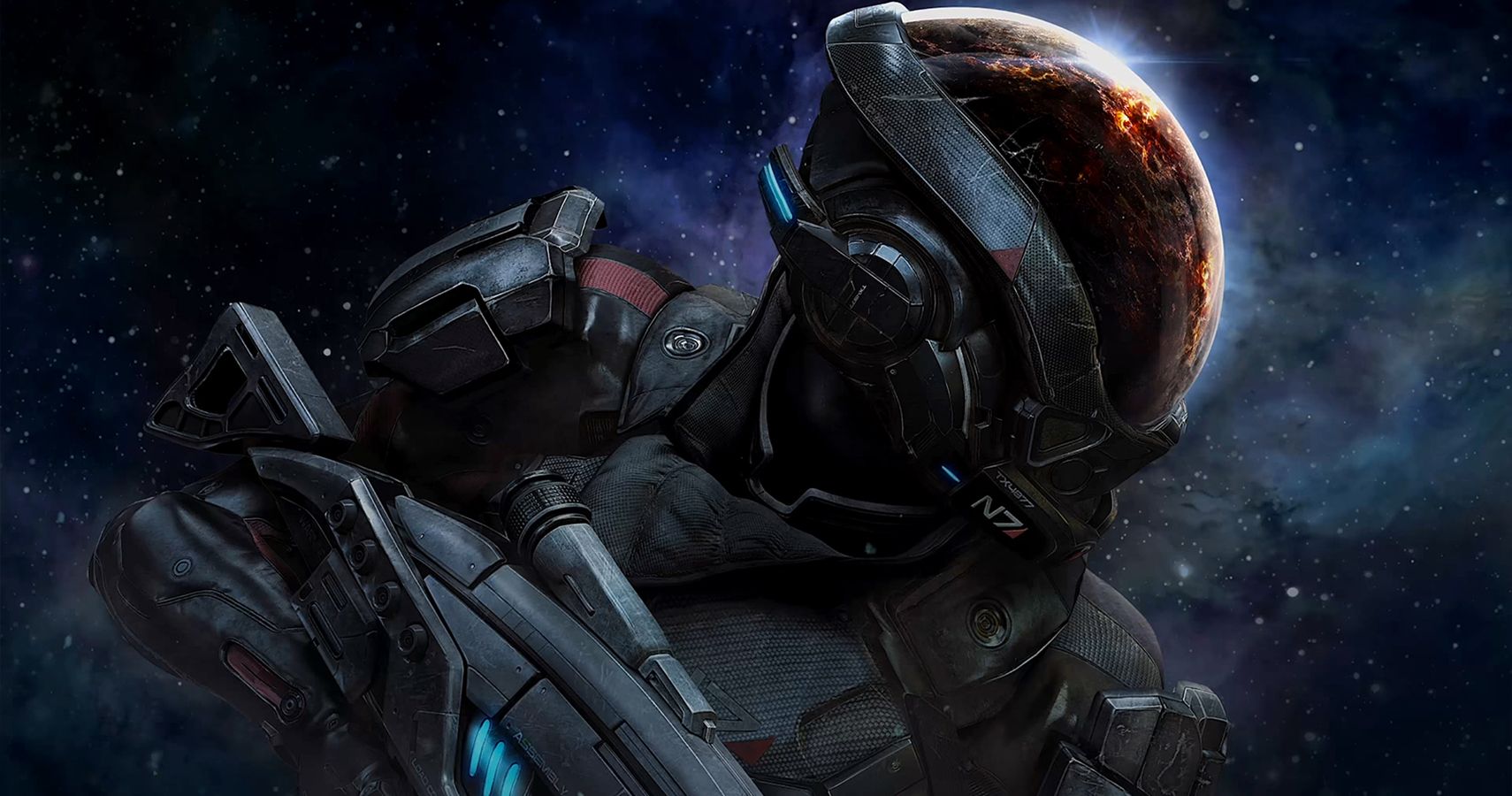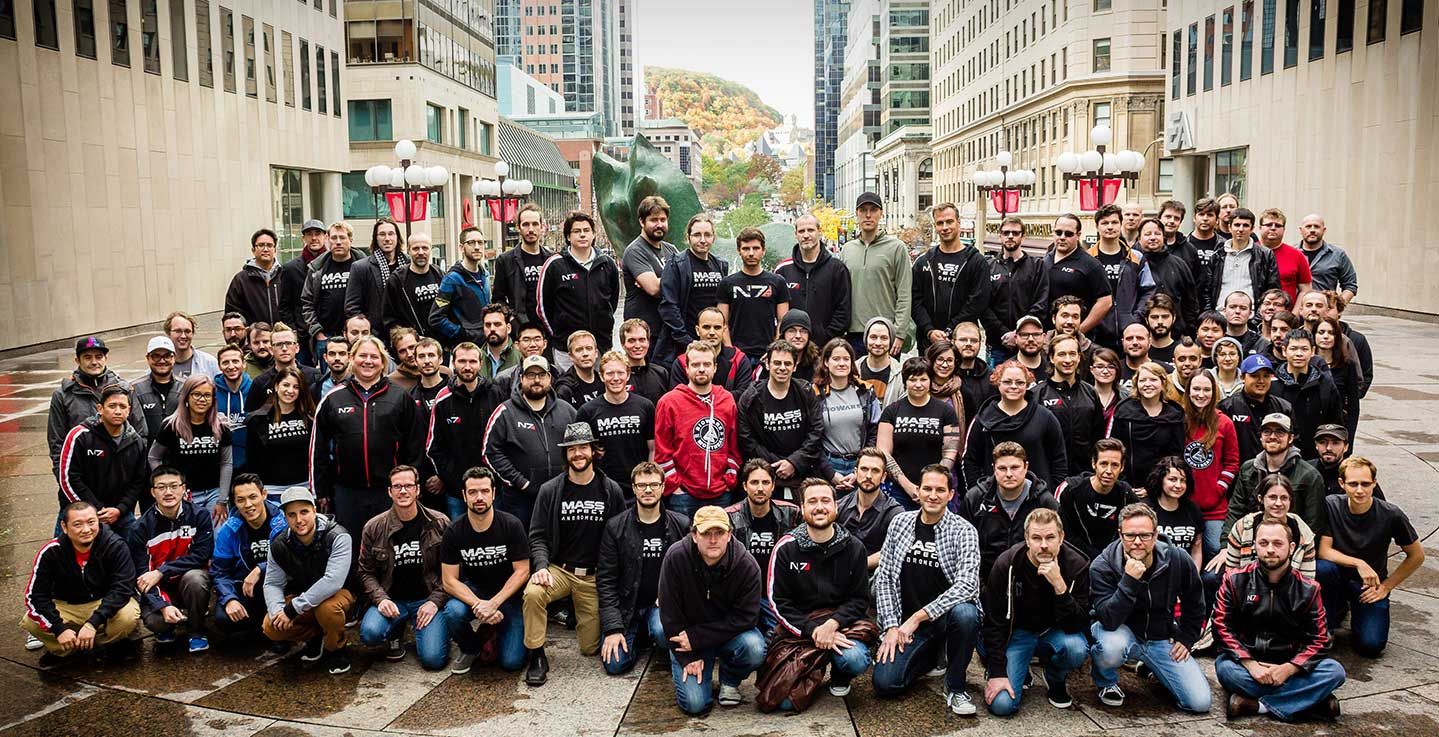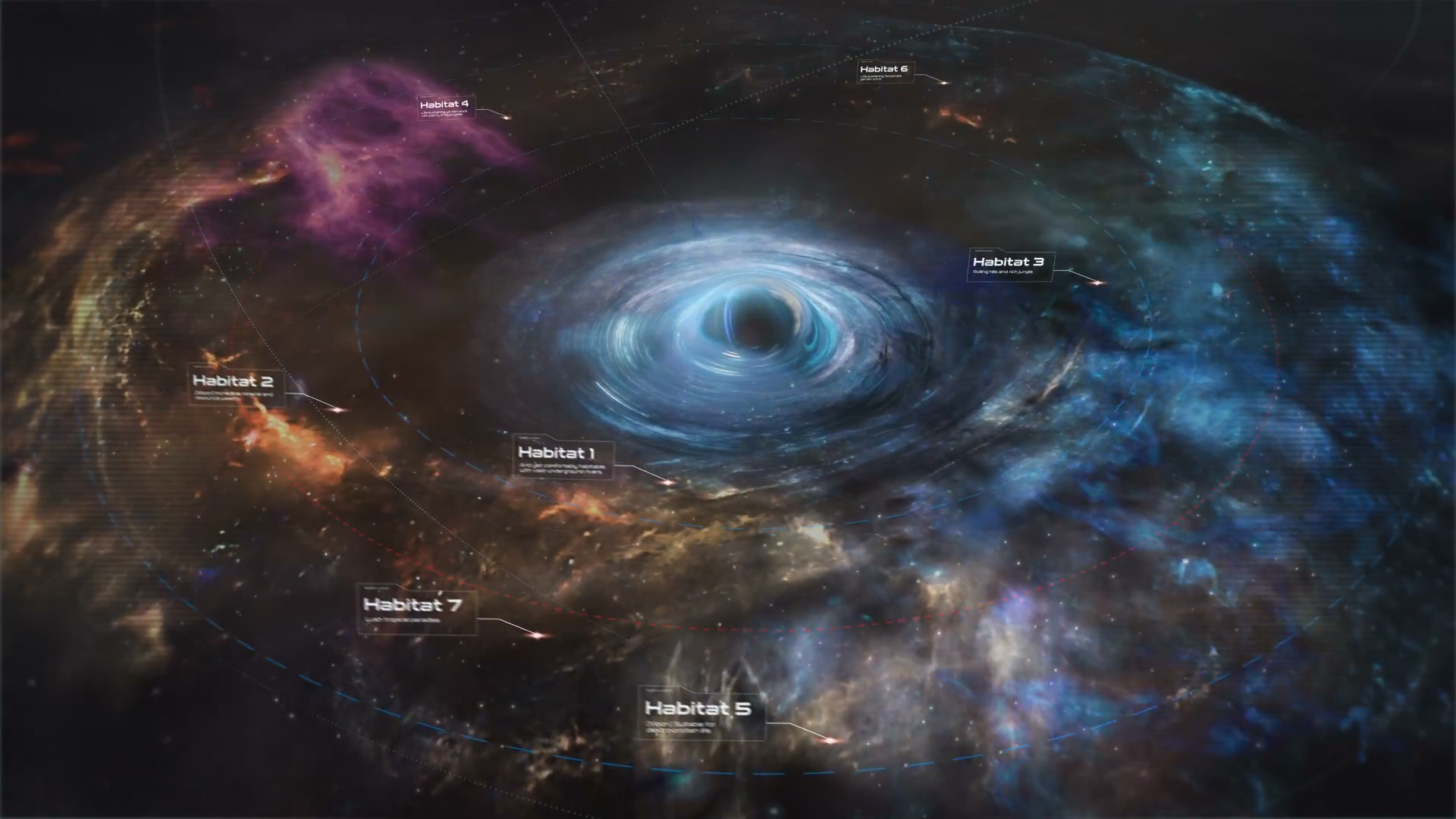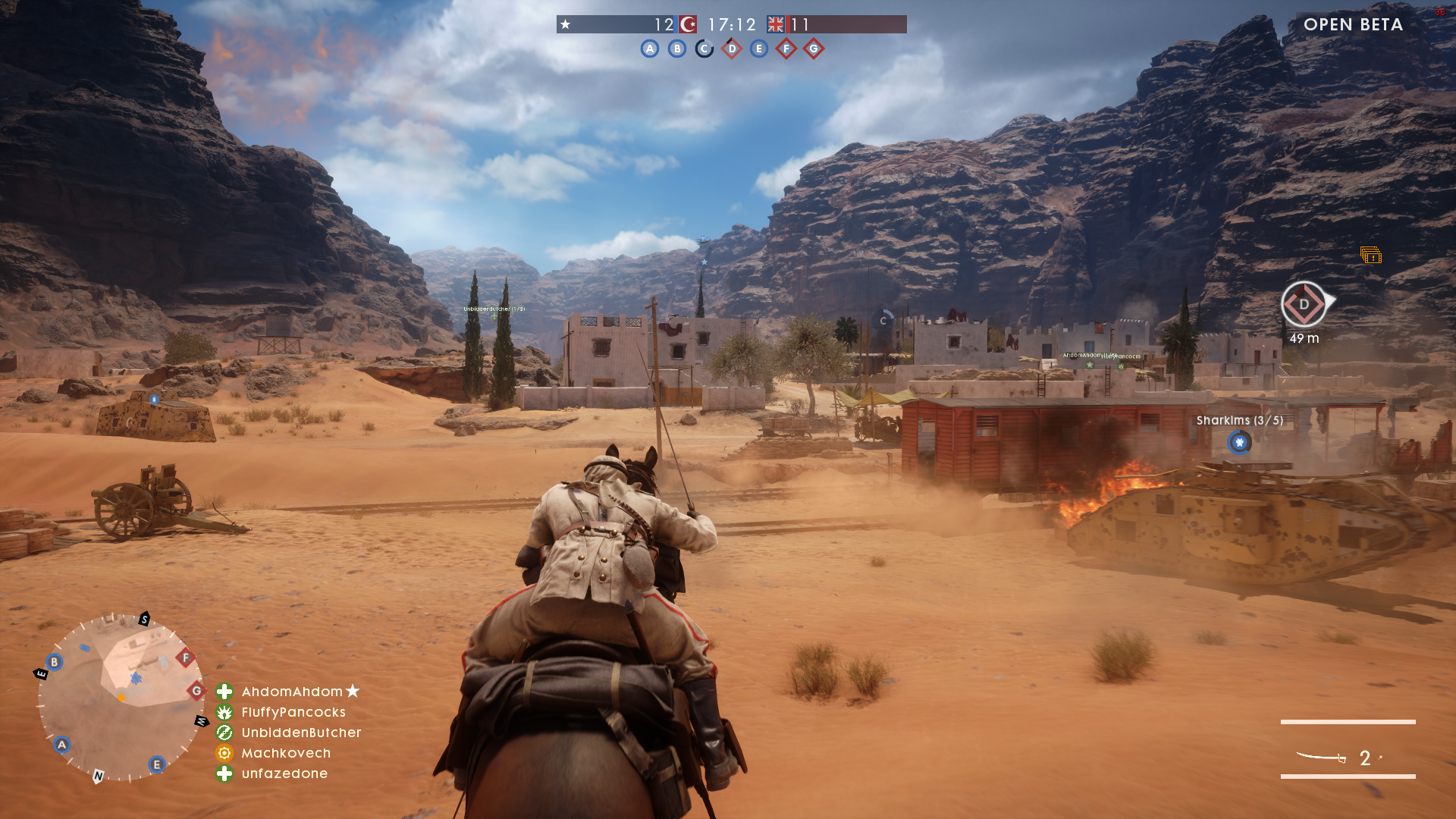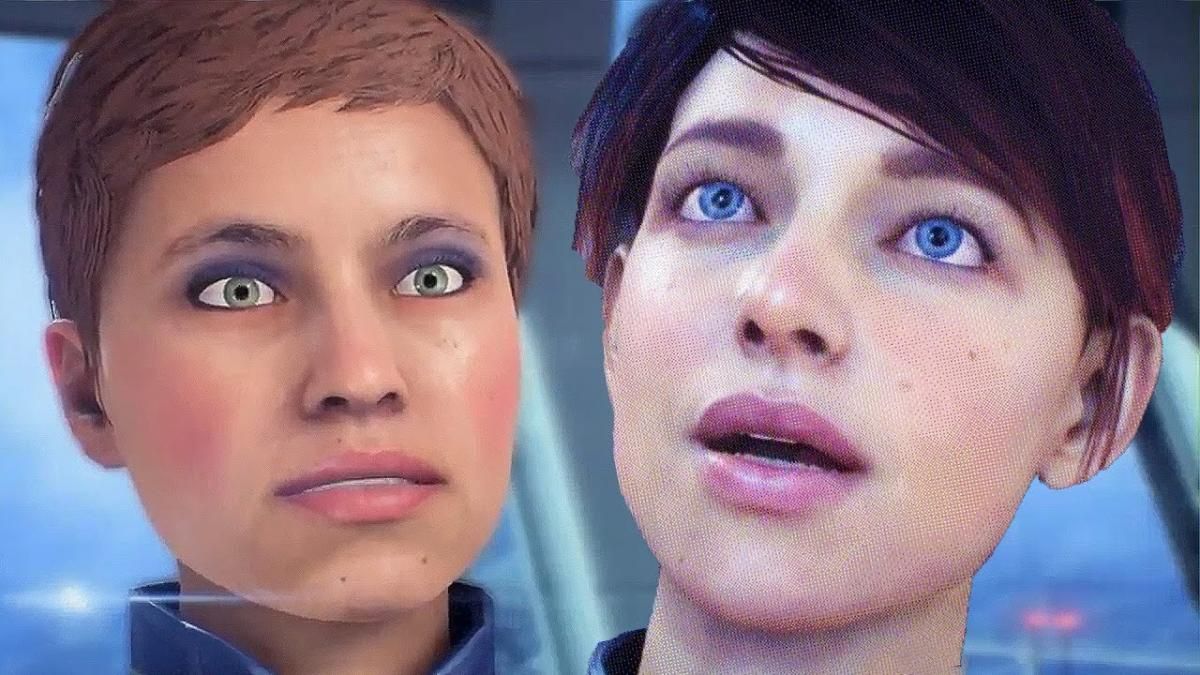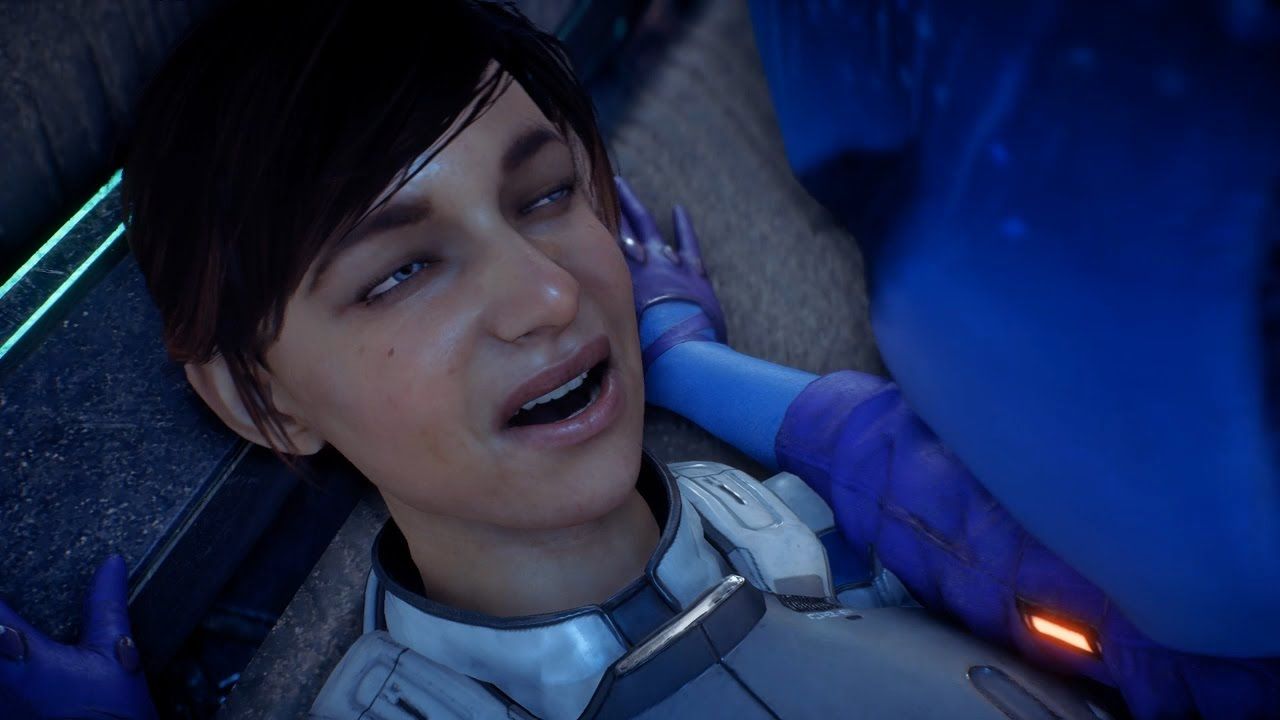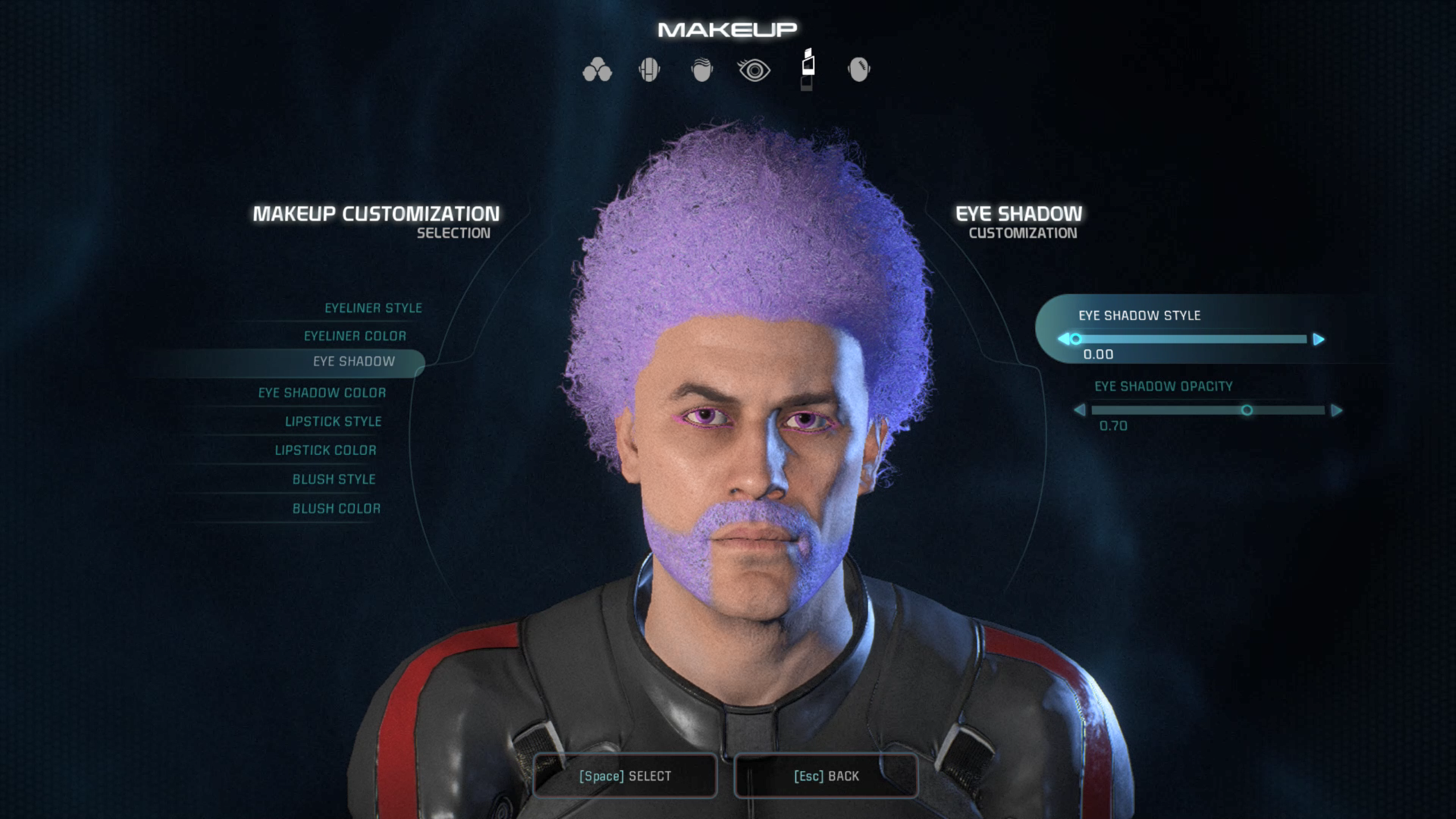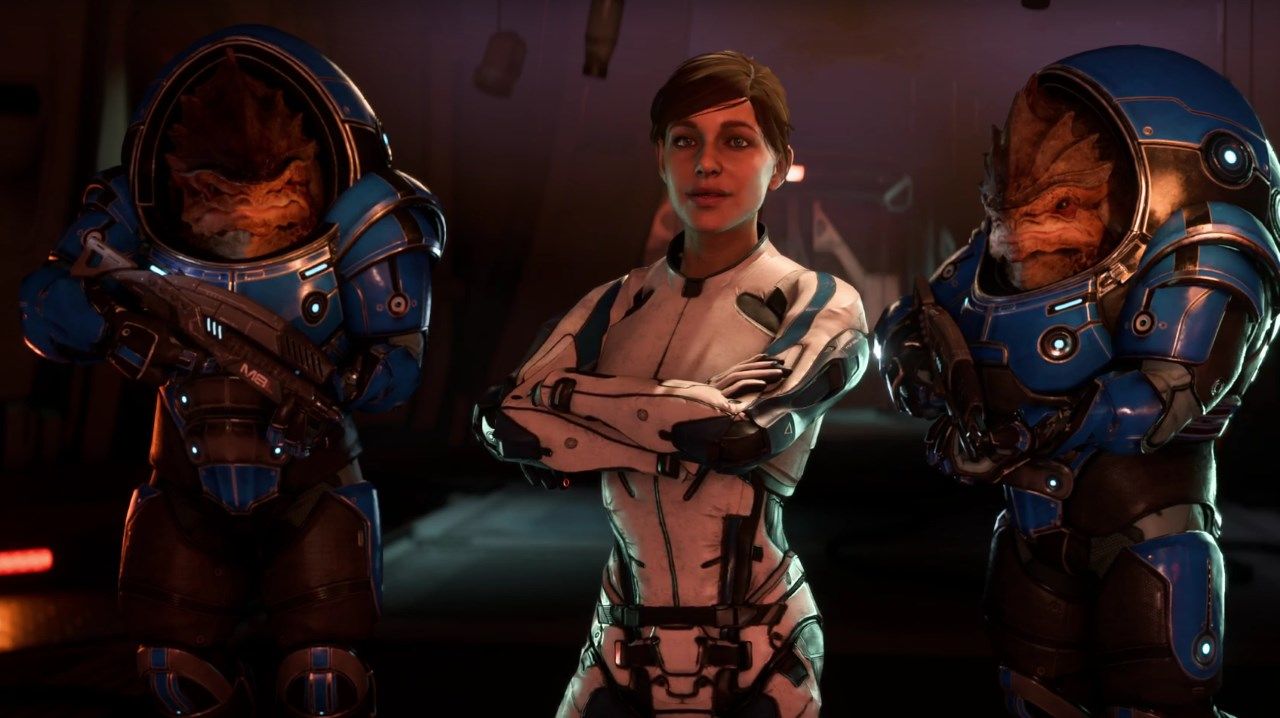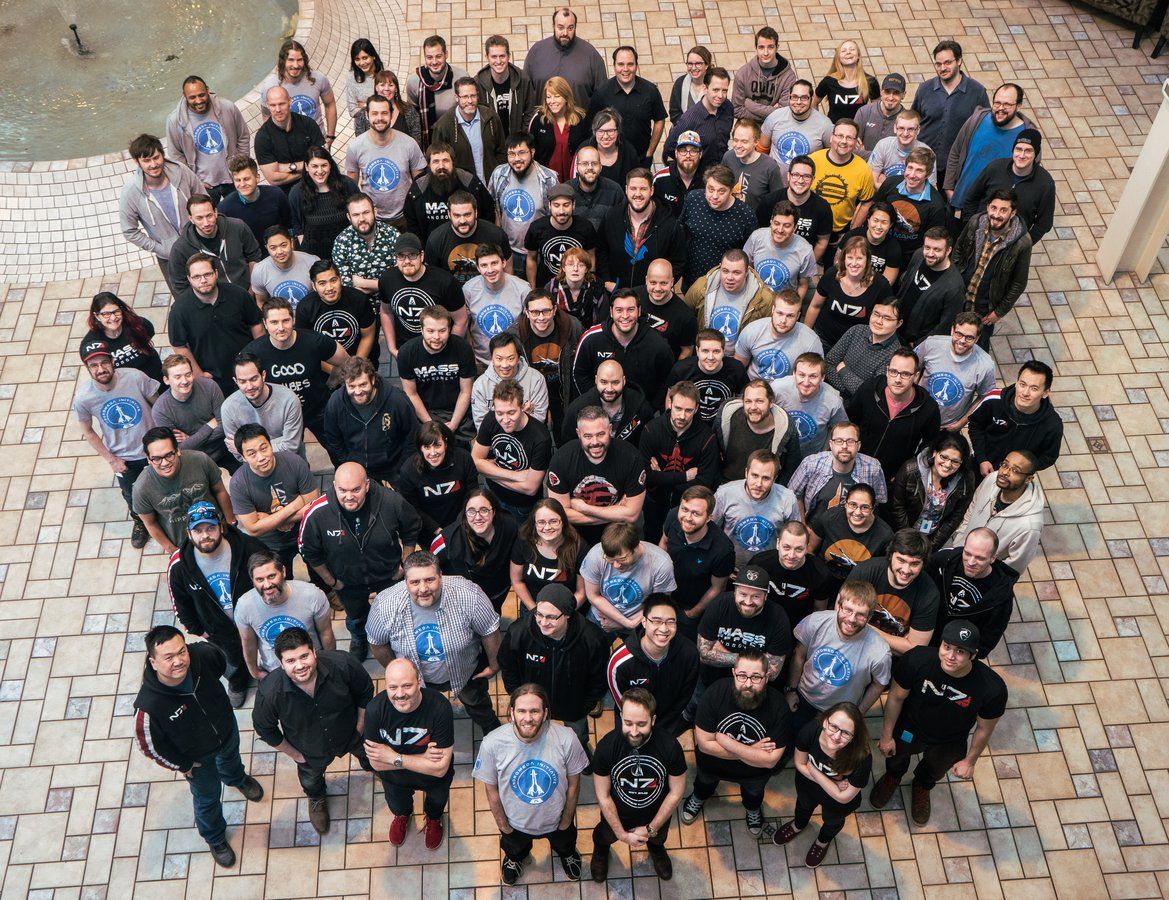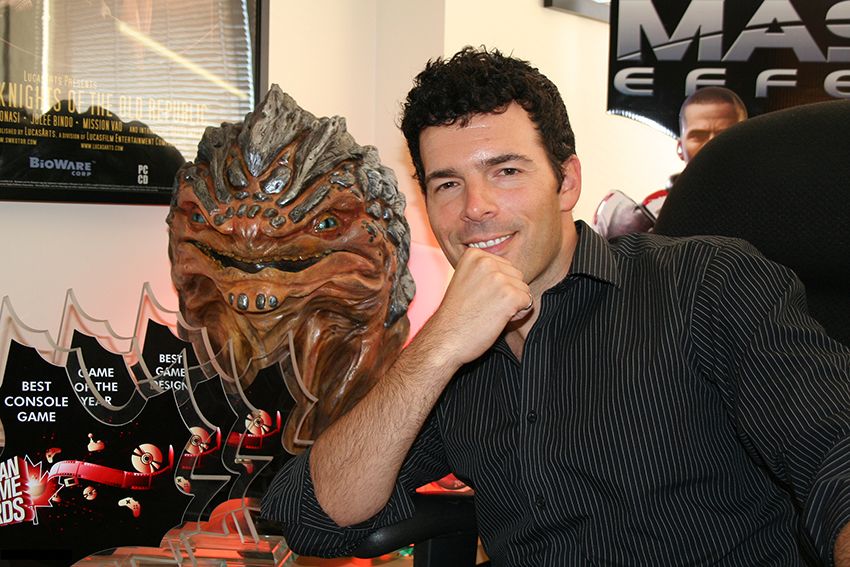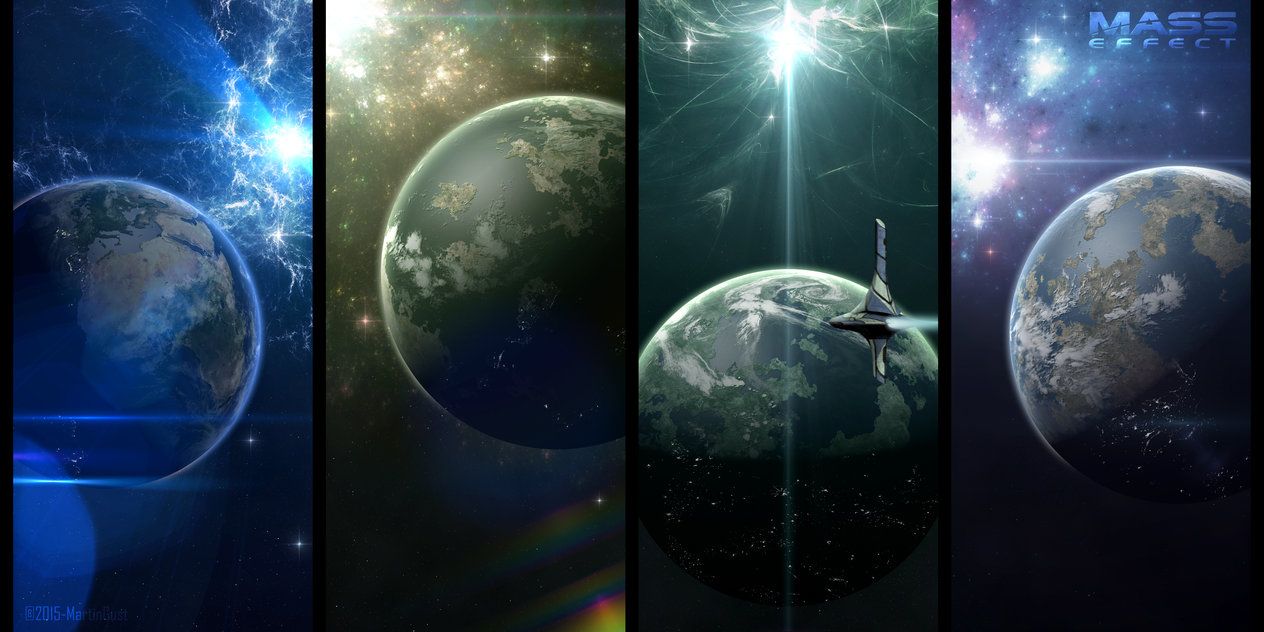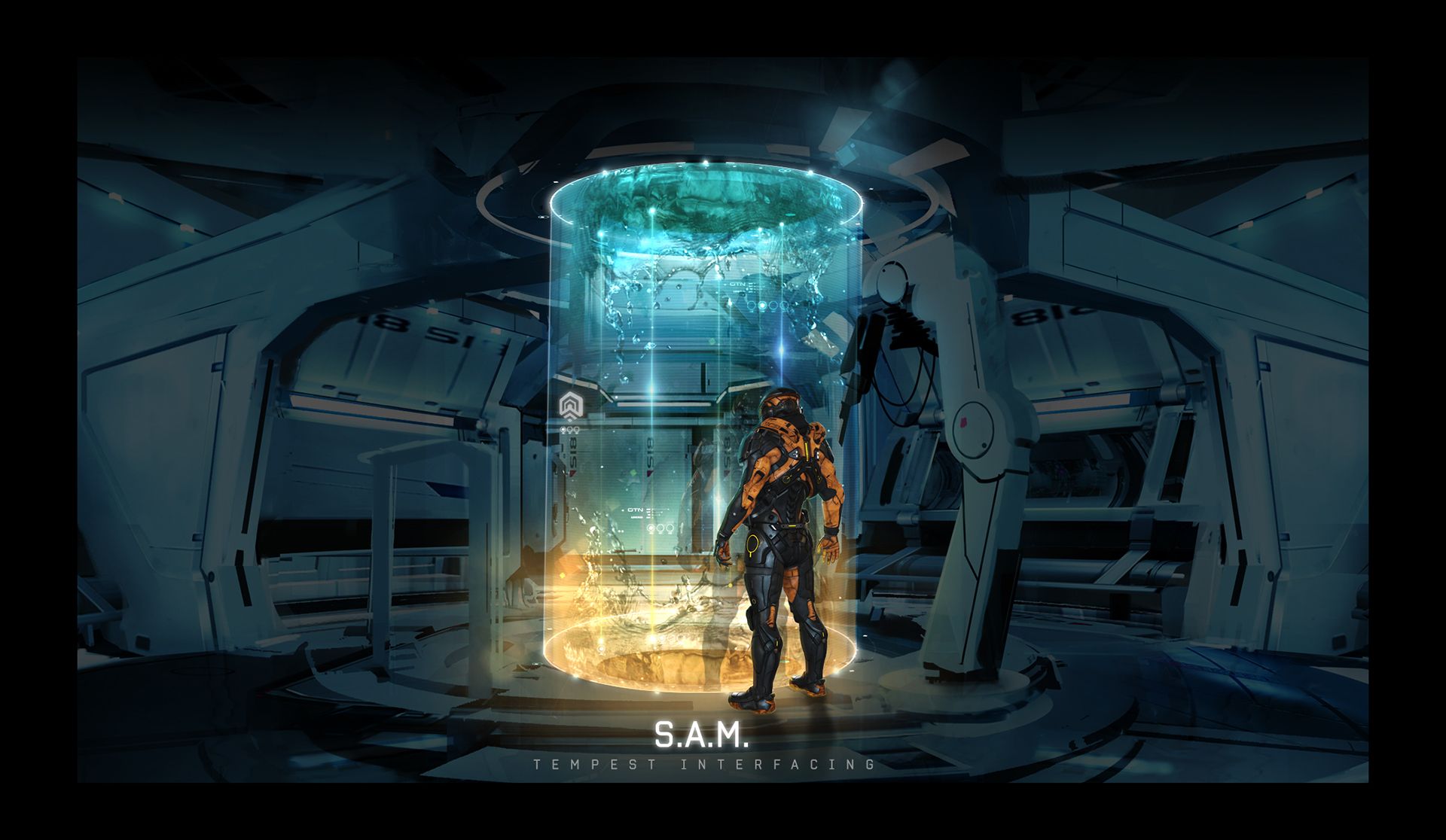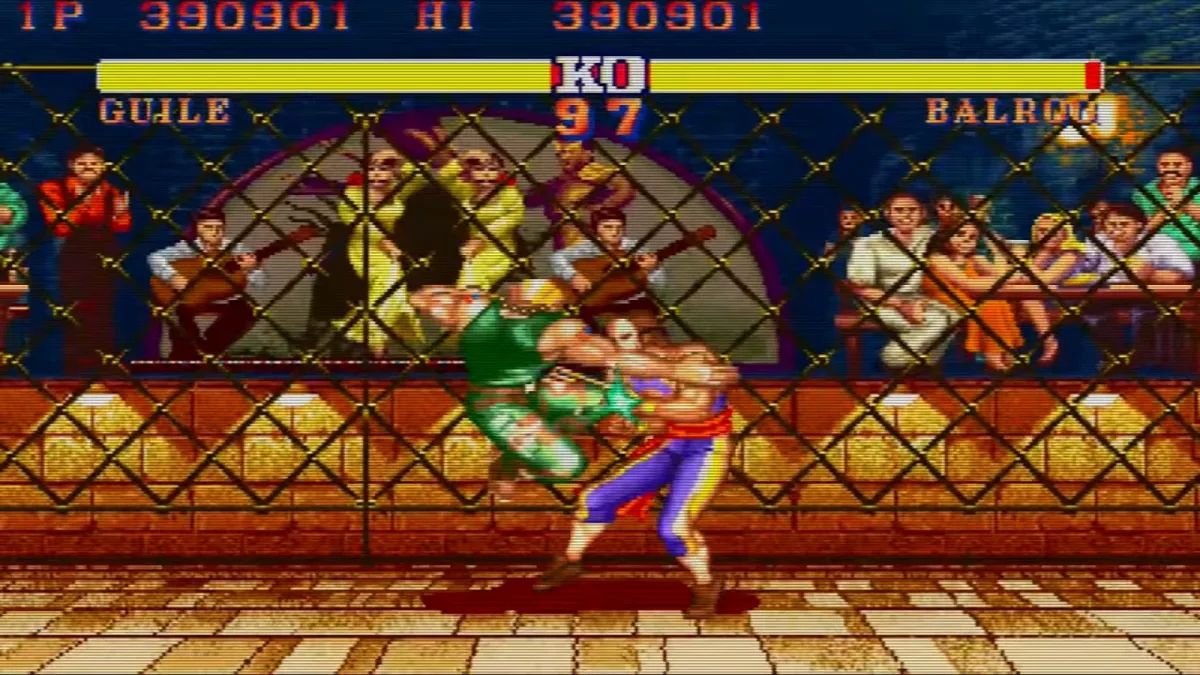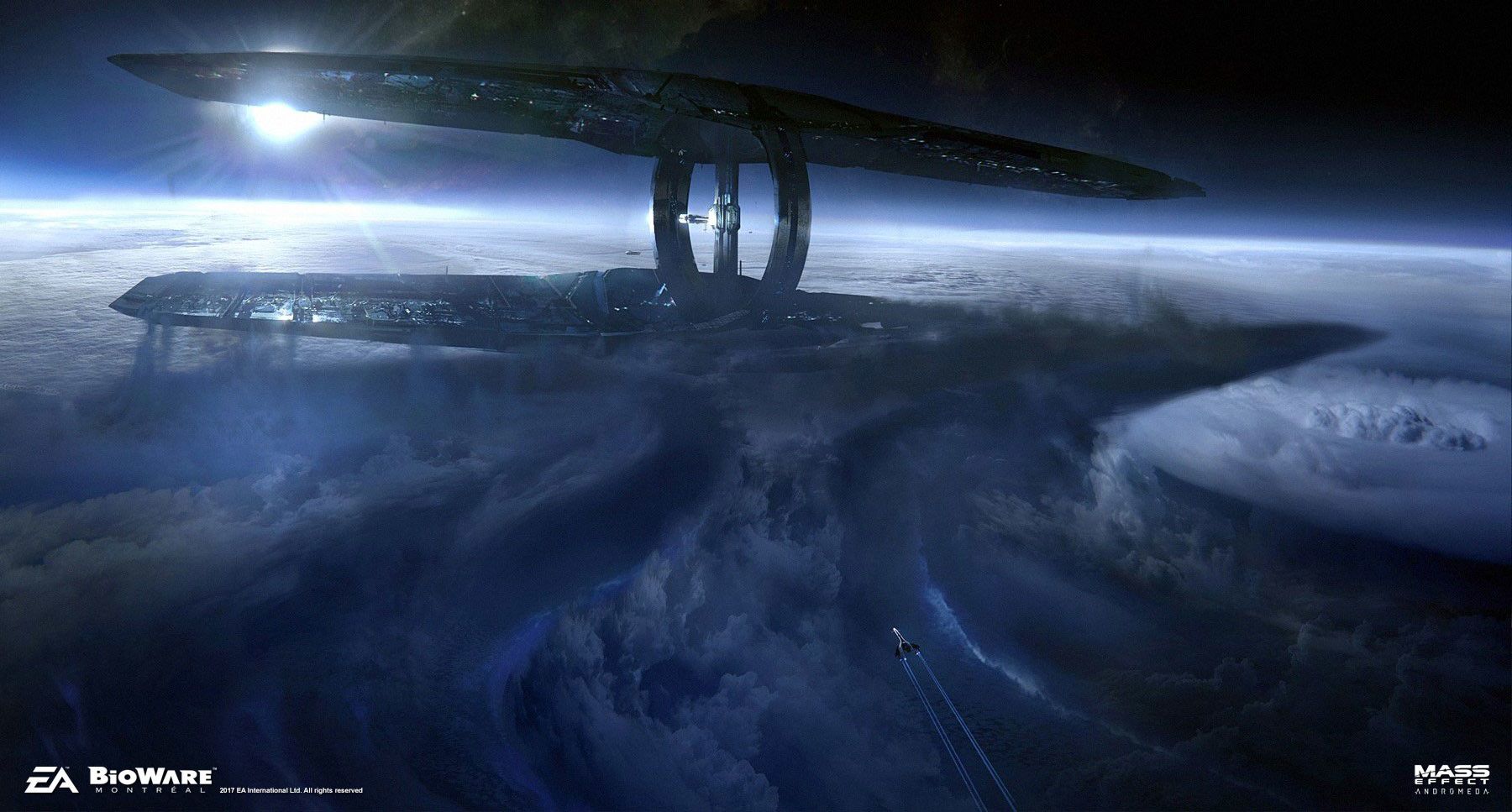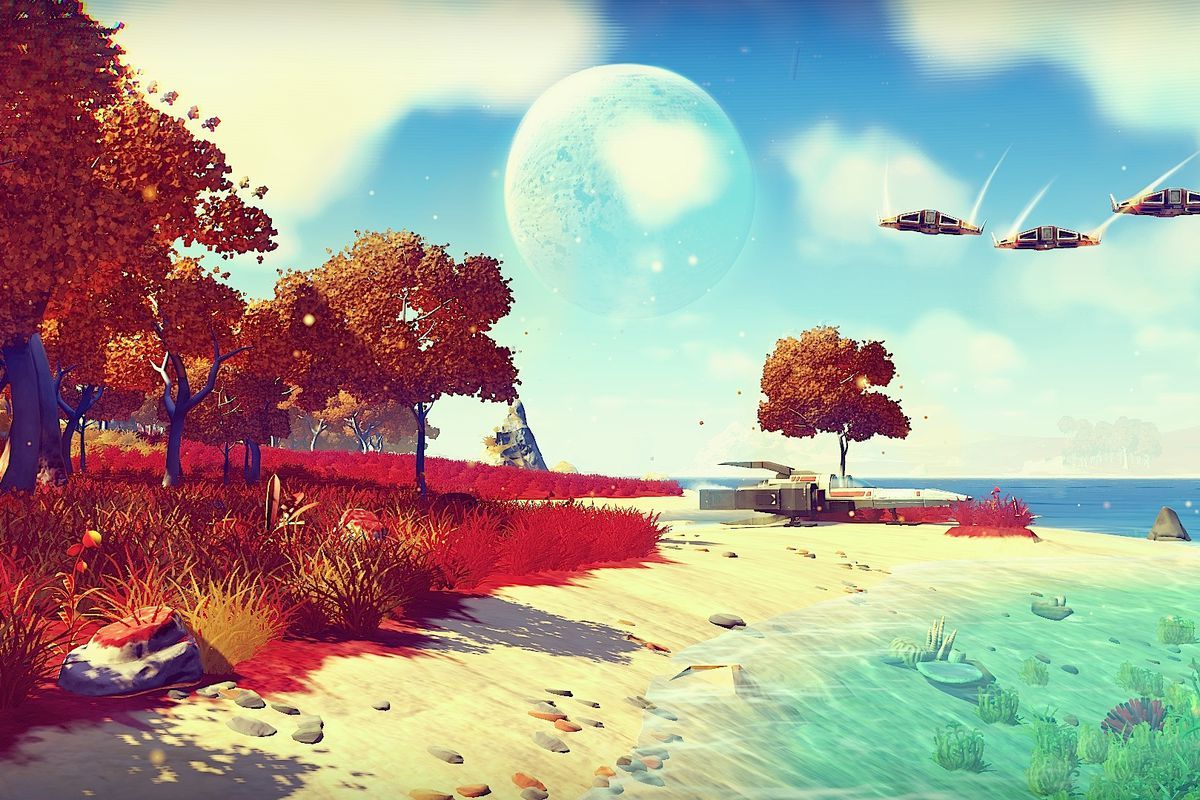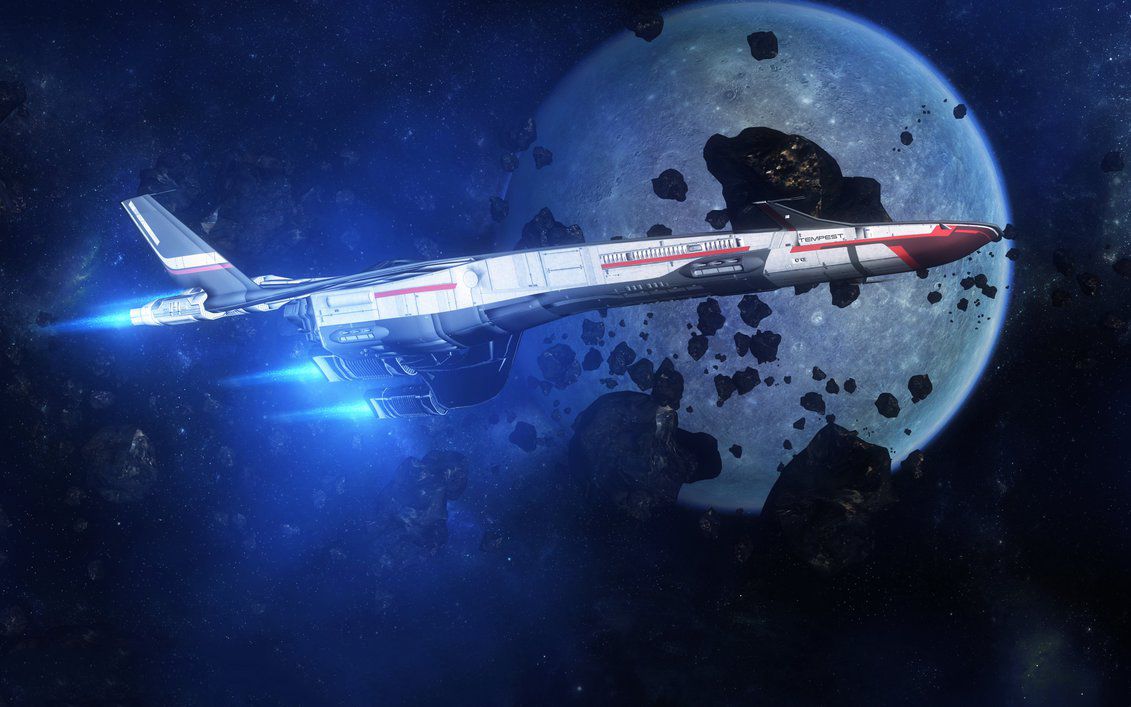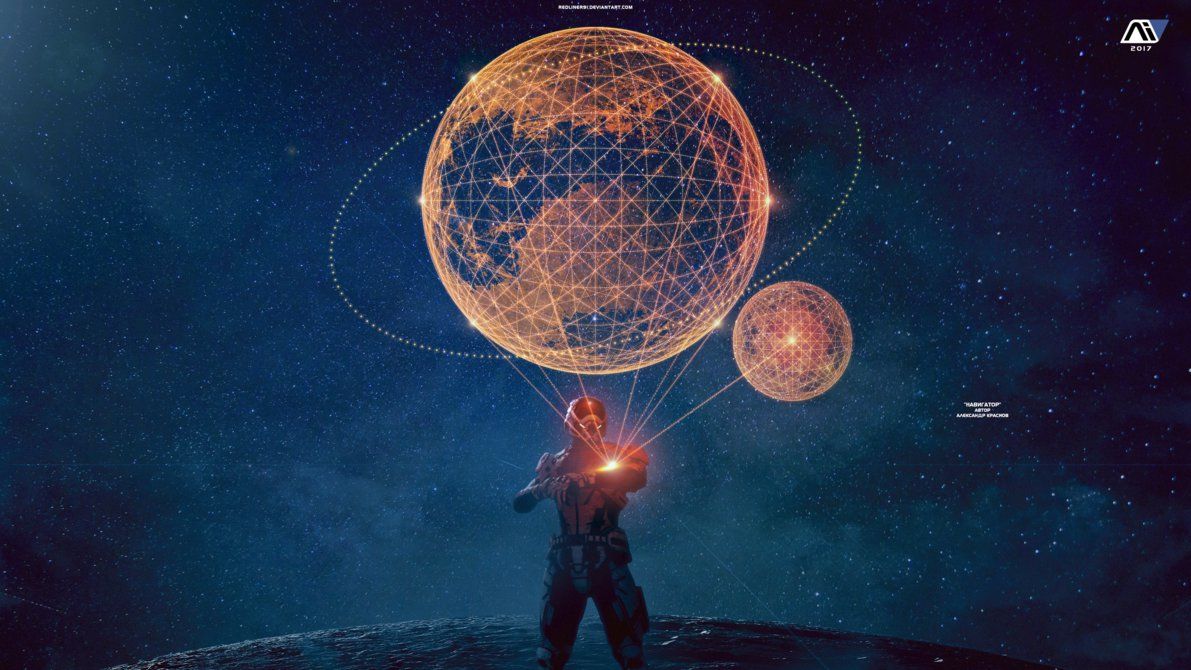Alright, folks, I think it's time we admit the painful truth: the Mass Effect franchise is probably done. We didn't get any DLC for Andromeda and BioWare has pretty much announced that they are shelving the idea indefinitely. So how did this happen? Why was the game so bad? How do you go from making one of the most enthralling and immersive trilogies in gaming to making a laughable meme factory? As always when it comes to making something as complex as a video game, there isn't one single thing we can fault with the failure, it's more of a perfect storm of unhappy accidents.
Jason Schreier, a reporter working for Kotaku, recently interviewed dozens of people who worked on Andromeda who paint a pretty colorful picture of what was happening behind the scenes. Unfortunately, they had to remain nameless due to them signing nondisclosure agreements about the work process. Many of the people who were interviewed said it was the most unhappy and difficult project they had ever worked on, claiming that it felt needlessly more difficult than any other game they had worked on.
Through these interviews, we have a pretty detailed timeline of how and when things went wrong, from inception to release date. So while it may be salt in the wound to hear about something you hold so dear going so far off the rails, it does serve as a good warning as to what NOT to do on future titles. So what exactly did go wrong with Mass Effect: Andromeda?
36 It Was Made By BioWare Montreal
Don't get me wrong, this isn't to say that I think BioWare Montreal was incompetent or anything. I'm simply pointing out the fact that they were founded solely to create the DLC for Mass Effect 3. And hey, that DLC was actually incredible, making that game way more fun.
But they didn't know how to handle a sprawling narrative.
A self-contained story about you liberating a city, or fighting off your evil clone before throwing a rager of a party is all well and good, but it isn't an intergalactic soap opera. Which is what fans wanted.
35 Story Versus Exploration
Right out of the gate, the director of Andromeda, Gérard Lehiany, wanted there to be hundreds of planets to explore. Sounds awesome already. But hundreds of planets would probably mean that they would need to procedurally generated. This means that a computer algorithm would design the planets randomly, but at a higher volume.
The problem with this was, if the planet's landscape is created at random, how do you have set events and missions on them? Suddenly the narrative of the game, the core story, was interfering with the scope of the exploration aspect.
34 Too Many Planets
Above I mentioned that in order to make hundreds of planets, they would need to be created at random by an algorithm. Some members of the team actually got an algorithm working, but the results were less than promising. Sure, the computer could make them, but it couldn't make them interesting.
The planets in previous games were all made by hand, in a way that exploration, or objective seeking, would be fun and interesting. The computer couldn't account for human fun, so the maps were dull, and needed to be touched up by hand.
33 The Frostbite Problem
The common engine used in all Mass Effect games is called Frostbite, and is widely regarded as one of the most powerful bunches of video game developing software out there. That being said, it was created for the Battlefield game series, which you will note is a first-person shooter.
When developers use Frostbite to develop an RPG, they don't necessarily have all the tools they need, especially in regards to dialogue options, team building or inventory. This would be a huge setback for the team working on Andromeda who were already having troubles at the concept stage.
32 Frostbite Can't Animate
Multiple people from multiple teams have discussed their troubles working with Frostbite, including the team working on another BioWare title, Dragon Age: Inquisition. On top of having to build a network of software programs AROUND Frostbite in order to make it work for an RPG, Frostbite is also terrible at animations.
Everyone who works with it says that it can render things with incredible detail, but the moment it comes to making humans look, you know, human, it falls flat. And in a game as dialogue heavy as Mass Effect that isn't exactly going to fly.
31 ANT Fixes Almost Nothing
So what is a game developer to do when the engine they have been instructed to use doesn't support making animations? Obviously, they patch in a new program that would be able to handle animations. The solution is so simple, only a loon wouldn't see it.
Enter the animations software ANT, which was added into the Frostbite bundle to make it more animation friendly. The only problem was that everyone who used it claimed it fixed next to nothing, claiming that it was full of "duct taped issues." So not exactly the huge help they needed.
30 Frostbite Isn't Big Enough
So if your game requires your characters to explore hundreds of whole planets, those are going to be some seriously huge maps. Sure you can probably skip over parts of a planet, you don't need to flesh out every desert or ocean, but for the most part, you need to create a whole landscape, right?
Turns out, Frostbite isn't very good at that either. The package had a map limit of 100 by 100 kilometers, which you'll notice is somewhat big, but barely a moon. So there's another pointless setback.
29 The Company Changes Animation Programs
One huge complaint many of the animators who worked on the project had to say afterward was that BioWare made them switch animation programs. They went from using 3D Studio Max to Maya. This wouldn’t have been a problem, Maya is a great product, but BioWare should have told them before they started, not in the middle of pre-production.
This accounted for months of progress being wiped out over an arbitrary change in programs, which further set them behind schedule.
28 Animators Ignore Some Orders
It isn’t really a good sign when employees take it upon themselves to openly defy orders. On the other hand, sometimes you get an order so stupid that you have to trust that you know best and to just go your own way.
Many animators felt they knew better than the higher-ups at BioWare and decided to ignore the order to switch animation programs. They simply (and covertly) just went on using 3D Studio Max instead, much of which made it into the final game.
27 The Squabbling Begins
At this point in development, infighting began between the headquarters of BioWare Edmonton and BioWare Montreal. Edmonton, who would be the headquarters for all of BioWare, were disappointed in the progress, and arguably, it did seem like the game was progressing much slower than anticipated.
What really stung is that they were claiming that the folks in Montreal didn’t even have a strong enough concept or idea for the game. They claimed that they were still trying to think of a game at all, despite being in the production phase.
26 Was Edmonton Sabotaging The Game?
To counter the argument that Montreal was behind schedule, they accused Edmonton of sabotaging their game. Of course, a company wouldn’t outright sabotage itself if it hurt their bottom line, but they can relocate resources to a more profitable venture.
Edmonton was accused of stealing staff members to work on their own upcoming titles. We know one of the titles was Dragon Age: Inquisition but the only hint as to the second title is that they referred to it as the “Bob Dylan of game” (whatever that means.) It’s probably Anthem, and it doesn’t look all that great.
25 A Mass Exodus Of Staff
We all know that video game programmers are woefully underpaid, unless they are extremely sought after and well-known names. They work the terrible hours for the glory of the game, not the paycheque. So what happens when you feel that even the glory isn’t worth all the stress? You walk away from the project.
Since Edmonton already felt the project was floundering, sometimes the positions that people vacated never even got filled again. So now you are working on a project that is coming apart at the seems, with a skeleton crew.
24 A Producer And A Director Leave The Project
Things go from bad to worse, when Casey Hudson, the executive producer at BioWare, left for reasons unknown. This would have a significant impact on the game, but wouldn’t be a huge hurdle.
Then, Gerard Lehiany, the director of the game, left the project.
Losing a Director mid production is always a bad sign, but he was replaced by Mac Walters, who had previously written on multiple Mass Effect games. Mac was stationed in Edmonton, and who knows what kind of effect that had on morale.
23 Leaving Pre-Production Without A Clear Idea
As they left pre-production, it became clear that they still hadn’t made a lot of key decisions. The biggest one that nobody seemed to want to commit to was the fact that they had never agreed whether they were making all of the planets by hand, programming each map, or to let them be procedurally created via algorithm.
To me that sounds like something the director should have made an executive decision on was earlier in the process. That way you could a lot your staff to either sculpting planets, or to smoothing out the algorithm.
22 No Proof Of Concept
Usually, when a game enters the production stage, they will have something called a “vertical slice” which would act as a proof of concept. It would show both the team, and the higher-ups, what the game would be capable of, and then they could work out the kinks and build tonnes of more levels around it.
Predictably, Andromeda never made one of these. Most of this seems to stem from the earlier mentioned planet rendering problem. If nobody can agree on what kind of planet to explore, then how do you even build a concept level?
21 Under Equipped
Apparently the decision to move from pre-production to production was not one shared by all the teams working on the project. A few people interviewed after the fact almost unanimously agreed that not only were they becoming woefully understaffed, but they didn’t have what they needed.
I’m not programmer, so I don’t actually know what they were short on, but the they continually complained about not having the right tools or pipelines. If you happen to be smarter than me (not hard) and know what these terms mean, feel free to let us know in the comments.
20 Making Huge Cuts
Nothing hurts quite like working hard on something only to see it be unneeded. That’s what happened around this stage in development. Because the direction was so unstructured, plenty of teams were working on prototypes that nobody knew how to utilize.
One example is a team member saying they had a really well-developed space flight program up and running, but had no idea how to make it incorporate into the game. You’ll notice that space flight is suspiciously missing from the final product.
19 A Good Reason To Jump Ship
Nothing hurts quite like working hard on something only to see it be unneeded. That’s what happened around this stage in development. Because the direction was so unstructured, plenty of teams were working on prototypes that nobody knew how to utilize.
One example is a team member saying they had a really well-developed space flight program up and running, but had no idea how to make it incorporate into the game. You’ll notice that space flight is suspiciously missing from the final product.
18 Going From 100 Planets To 30
The shadowy cabal of executive who control the fate of all things handed down a heartbreaking decision to the development team of Andromeda; the scale of the game was going down from 100 planets down to 30. Not only did this disappoint the creators (I’m sure a few programmers were delighted) but they got further bad news.
The decision had finally been made to completely abandon the procedurally generated planet aspect. This is a decision that should have been made months, if not years, earlier, since now some poor teams work was completely flushed away.
17 A Further Shrinking Galaxy
Fans and creators were devastated when they found out that the massive, sprawling galaxy they had been promised they could explore was now something that was barely bigger than the original Mass Effect map. They had very little else to be excited about, because so much of the plot was being held under wraps.
So imagine the reaction when another higher up decision declared that the galaxy of explorable planets was now being shrunk down from 30 to 7.

